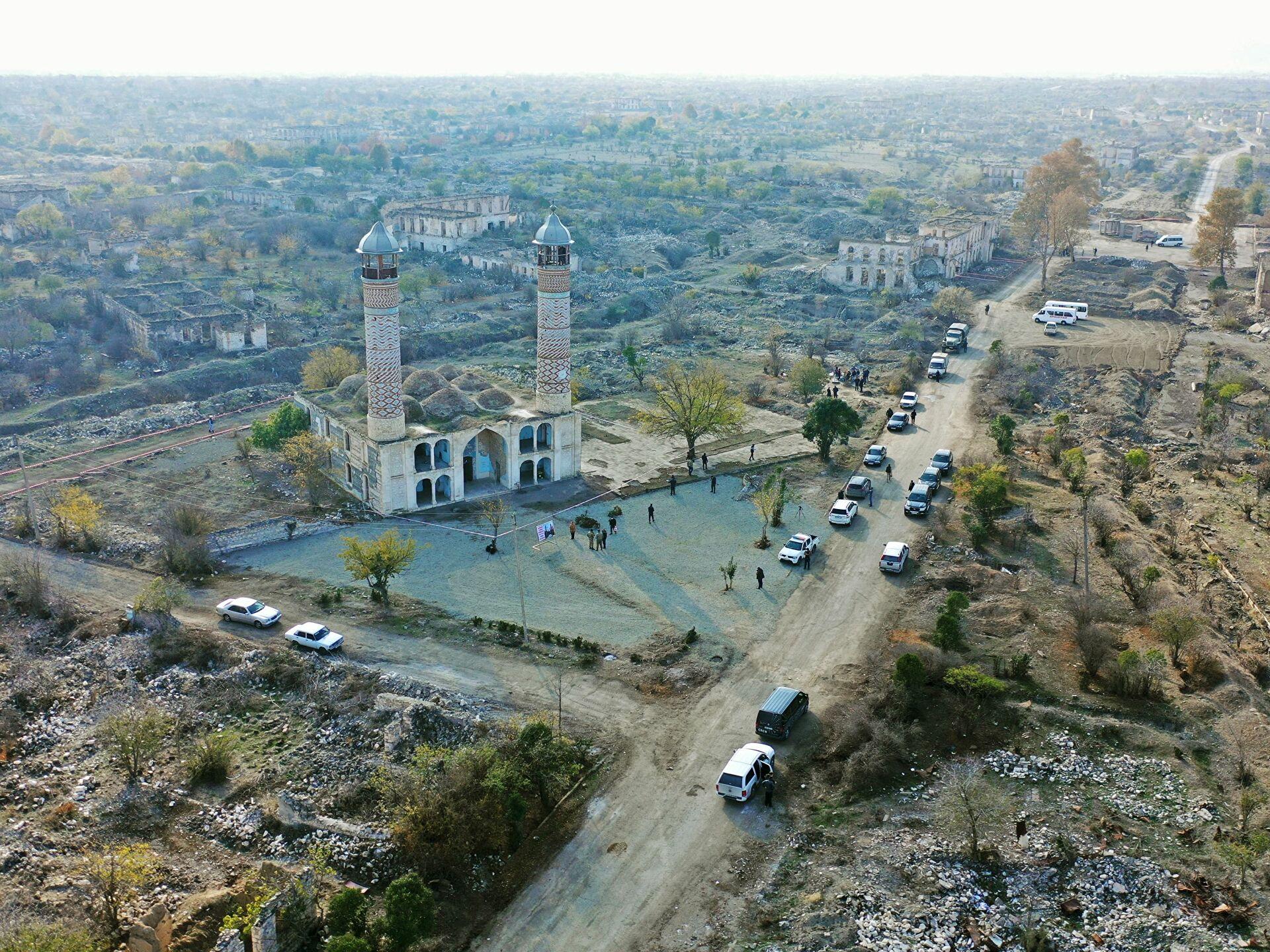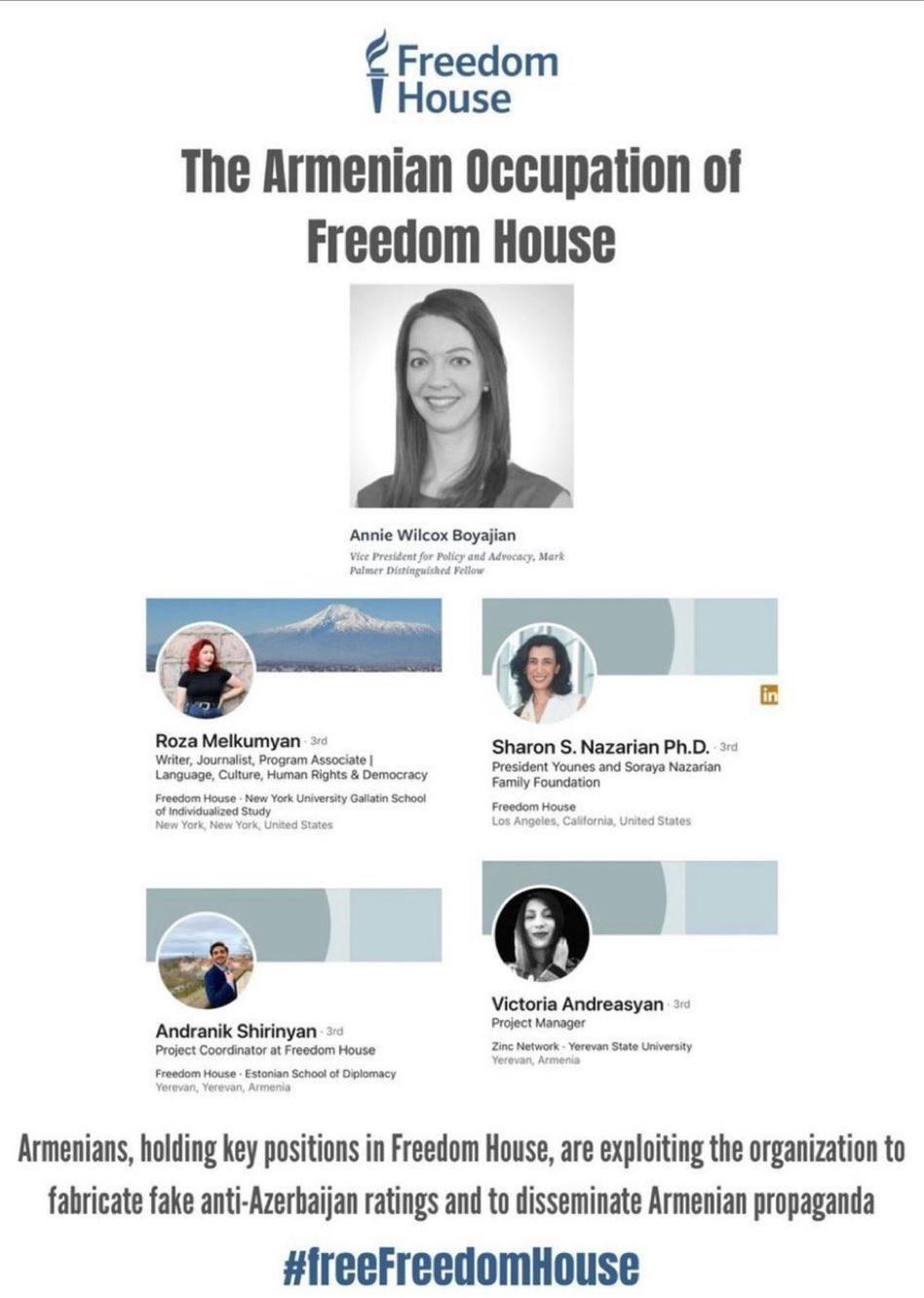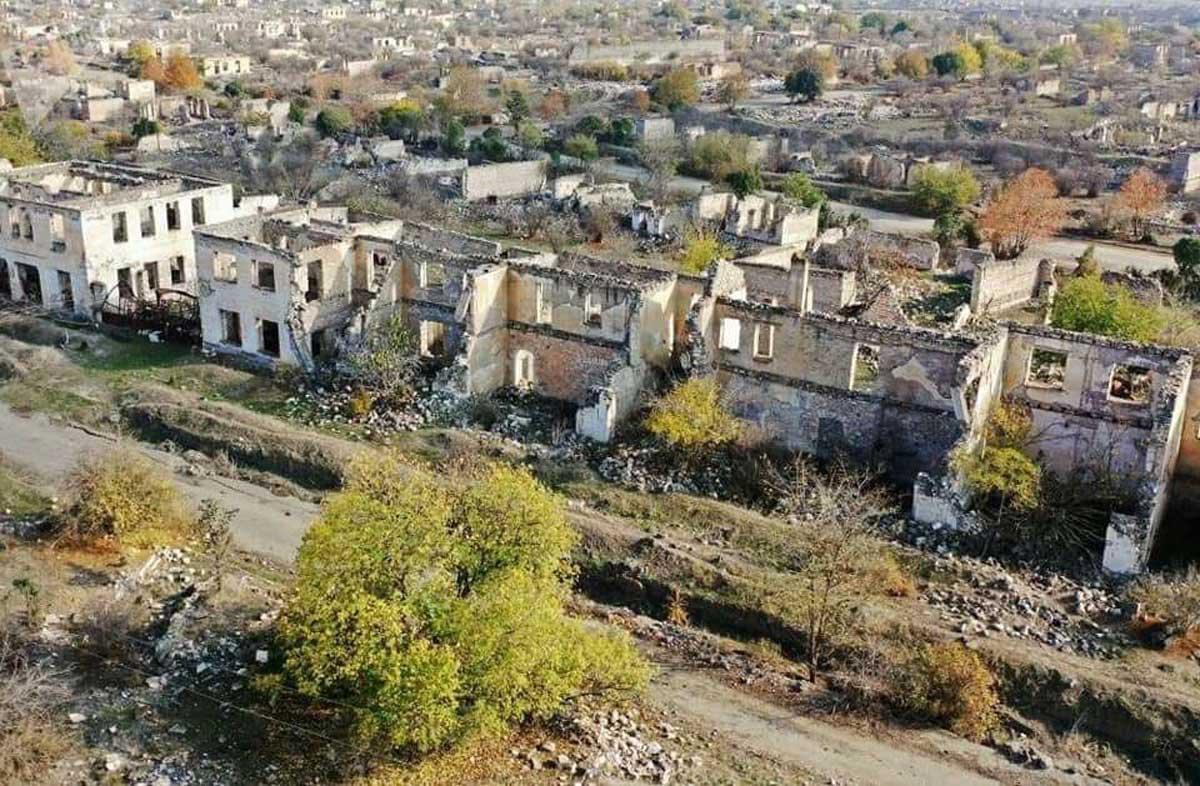Azerbaijan slams Freedom House's pro-Armenian report Challenges western-centric evaluations
Azerbaijan's unwavering defence of its sovereign rights and territorial integrity has made it a target for international human rights organizations, including Freedom House. The Baku government is no stranger to criticism from European or American-funded human rights groups, often tied to rival nations with territorial claims and ambitions to dictate their terms to the Azerbaijan state.
Azerbaijan, a nation nestled in the South Caucasus region, has faced a complex geopolitical landscape intertwined with its quest for sovereignty and its engagement with international human rights organizations. The correlation between Azerbaijan's resolute defence of its sovereign rights and heightened scrutiny from international human rights bodies raises pertinent questions about the dynamics between state sovereignty and global human rights standards. The more Azerbaijan asserts its independence, the more scrutiny it faces from those entities.
Azerbaijan's history of sovereignty is deeply rooted in its struggle for independence, particularly following the demise of the Soviet Union in 1991. The former Nagorno-Karabakh conflict, a protracted territorial claim to Azerbaijan by neighboring Armenia, has been a focal point of Azerbaijan's sovereignty. As Azerbaijan asserted its territorial integrity, it employed military and diplomatic measures to safeguard its national sovereignty against external threats, and international organizations, including the UN as well as human rights agencies turned a blind to Azerbaijan’s call for pressure on Armenia.

Despite Azerbaijan's efforts to assert its sovereignty, its actions have frequently drawn criticism from international human rights organizations, closely associated with Armenia. These criticisms encompass a range of issues, including “restrictions on freedom of expression, political repression, and allegations of human rights abuses”. The more Azerbaijan asserts its sovereign rights, the more it becomes subject to scrutiny, particularly from organizations such as Amnesty International and Human Rights Watch, Freedom House, and so on.
Several factors contribute to the heightened scrutiny faced by Azerbaijan.
First, the nature of the then-Nagorno-Karabakh conflict and Azerbaijan's response to it often raised concerns about claims of human rights violations. Second, Azerbaijan's strategic location as an energy corridor and its role in regional geopolitics make it a focal point for international attention, amplifying scrutiny of its domestic policies. The paradoxical relations between Azerbaijan's resolve to maintain its full sovereignty and increased scrutiny from international human rights organizations have significant implications.
Azerbaijan challenges Freedom House's bias report
Freedom House, an organization specializing in research and advocacy on democracy, political freedom, and human rights, has consistently criticized Azerbaijan, sparking widespread acknowledgement of its evident bias and controversy.
Critics of Azerbaijan commonly argue that Freedom House's evaluations tend to favor Western viewpoints, leading to a perceived bias. They claim that the organization applies inconsistent standards that fail to consider the unique political and social landscapes of countries such as Azerbaijan. Additionally, concerns have been raised about the impact of Freedom House's funding sources and affiliations on its evaluations and agendas, casting doubt on the organization's impartiality and credibility.
The Azerbaijani leadership often criticizes Freedom House for being involved in a larger scheme to destabilize the country's independence and security. This belief is strengthened by cases in which Freedom House's evaluations do not correspond with the Azerbaijani government's official stance or goals. This skepticism is influenced by a combination of historical and geopolitical factors, such as Azerbaijan's history of post-Soviet Union collapse, its strategic importance in the Caucasus region, and its interactions with major global powers.

The fact that Freedom House is governed by ethnic Armenians, such as individuals named Boyajian, Melkumyan, Nazarian, Shirinyan, and Andreasyan delegitimizes the organization's credibility in the eyes of the Azerbaijani government and the public and reduces to nil the truthfulness of the report.
Unpacking Freedom House's bias
Freedom House, purportedly a beacon of human rights advocacy, has come under scrutiny for its bias against Azerbaijan, fueled by its funding and operational ties to individuals of Armenian descent or closely aligned with Armenian interests. This connection has raised concerns about the organization's impartiality, particularly in its assessments of Azerbaijan's stance on issues like the former Nagorno-Karabakh conflict.
Armenia and its global supporters have been accused of leveraging Freedom House as a tool to exert pressure on Azerbaijan, tarnishing its reputation through orchestrated negative publicity campaigns. This strategic manipulation seeks to undermine Azerbaijan's resolute defence of its sovereignty, particularly in reclaiming territories occupied by Armenia. Such efforts aim to discredit Azerbaijan's leadership, notably President Ilham Aliyev, who, following both domestic laws and international norms, mobilized the nation's resources to restore control over its unlawfully seized lands.
While the Freedom House report echoes Armenian narratives, Azerbaijan asserts that these portrayals lack substantive merit and maintains that its actions align with legal frameworks and principled endeavours to uphold its territorial integrity, countering baseless accusations and propaganda propagated by biased entities.
Freedom House's bias against Azerbaijan contradicts the universal principles it purports to uphold. Allegations within its reports regarding the “forced displacement of Armenians from Karabakh, Azerbaijan's military operations, and purported threats to Armenia's security” are deemed unfounded by Azerbaijan. Moreover, Freedom House neglects to address the root causes of Armenia's three-decade-long occupation of Azerbaijani territories, thereby distorting the public's understanding of the regional dynamics and the potential for continued aggression.

Despite facing smear campaigns orchestrated by entities with vested interests, Azerbaijan remains steadfast in its pursuit of sovereignty and the reconstruction of areas ravaged by Armenian occupation, relying on its resources without international assistance.
However, the nation finds itself subjected to unwarranted scrutiny from international human rights organizations, often influenced by sources with ulterior motives linked to rival nations. This perpetual cycle of scrutiny undermines Azerbaijan's efforts to assert its sovereign rights and perpetuates tensions within the region, hindering prospects for lasting peace and stability.








